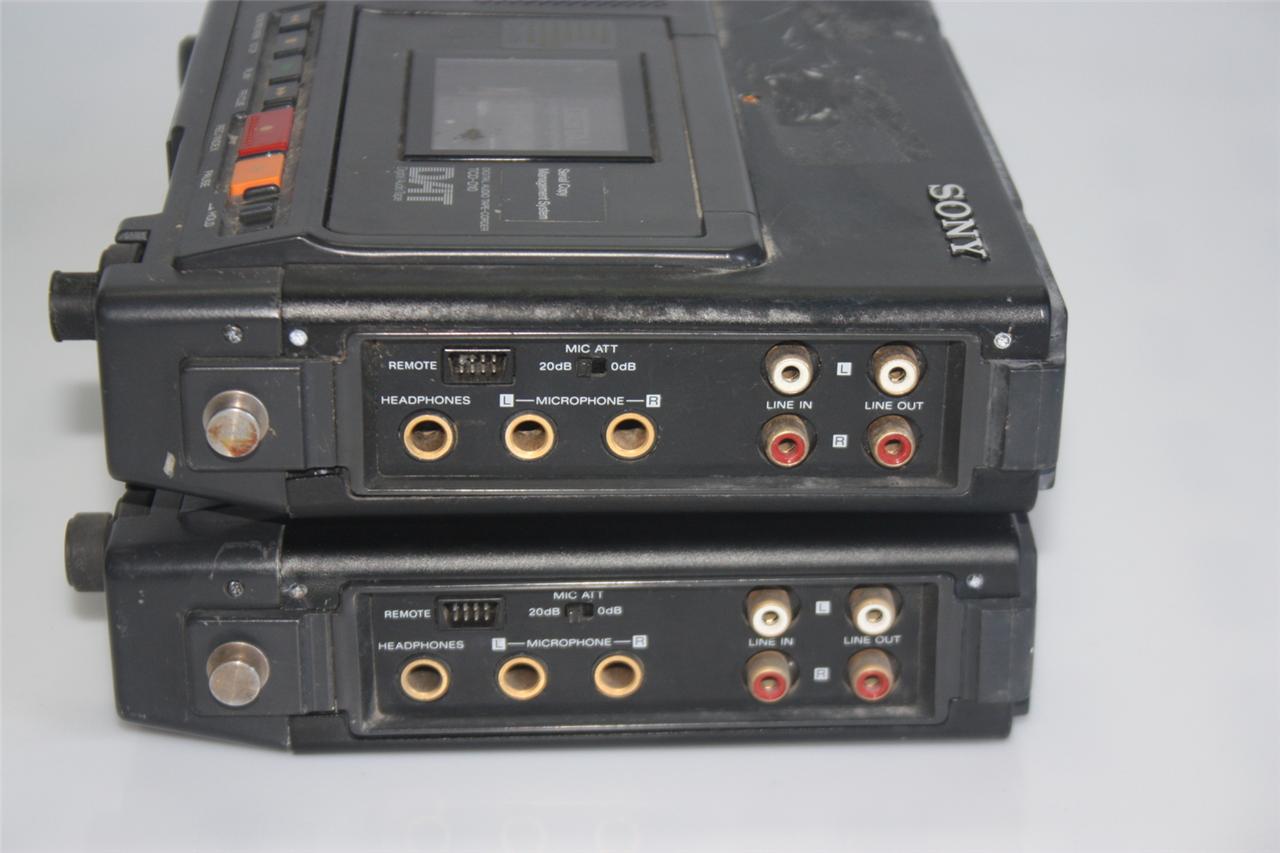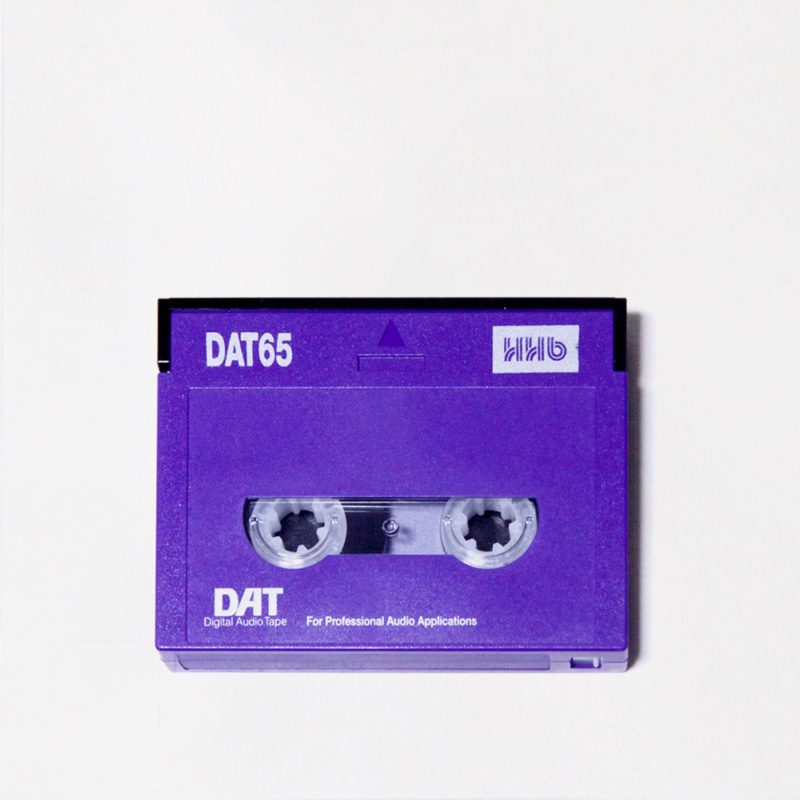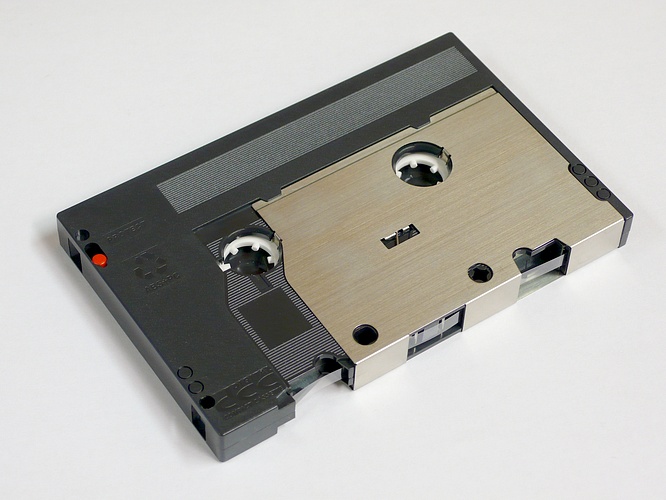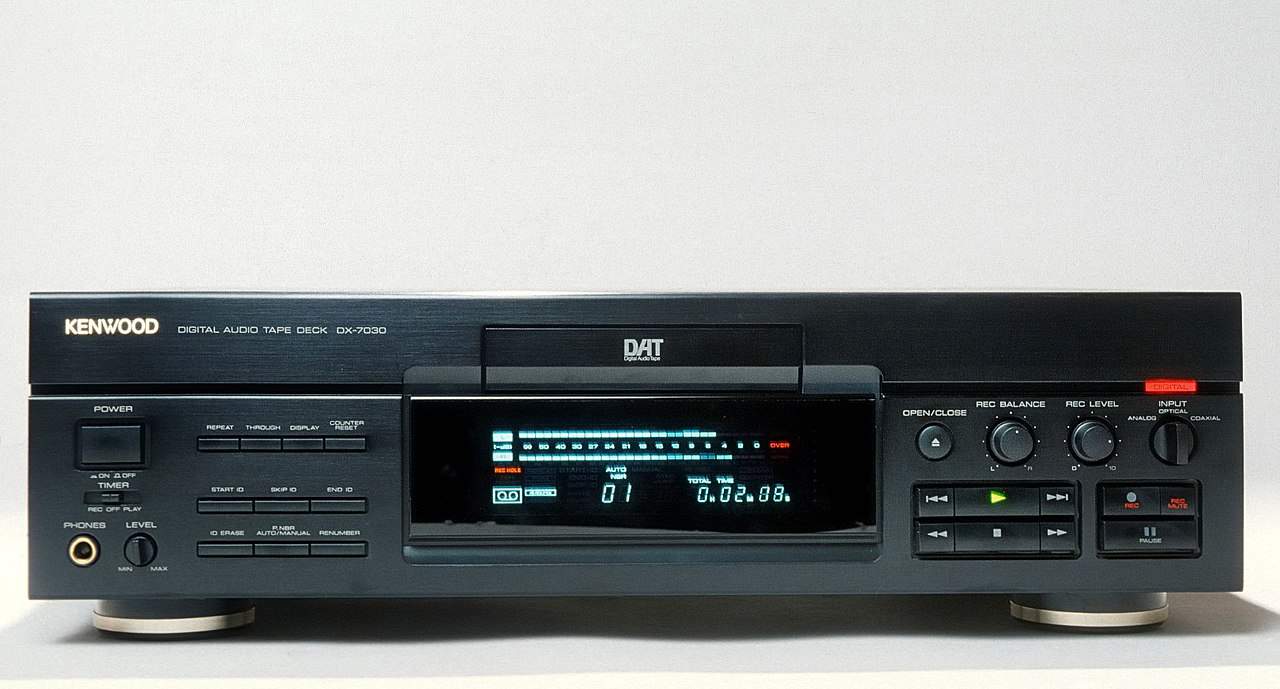
This Sony Digital Cassette is the biggest cassette tape ever produced r/AbsoluteUnits
In addition to DAT tapes (aka digital audio tapes), we carry ADAT tapes and audio mini-discs. Deltamedia carries DAT tapes from a number of well-known manufacturers, including Fuji, MasterDAT, TDK and TDK Pro, Maxell and Maxell Pro, Sony, Quantegy, Emtec, HHB, and DIC/Digita. We carry 10-packs and 20-packs of DAT tapes in various lengths.

Grace Digital GDIT2USB Tape 2 USB Cassette to PC GDIT2USB
DAT (Digital Audio Tape) is an electronic cassette that has a background recording facility and playback singing medium. It is similar to a compact cassette, but it has the main difference. Earlier tapes were analog, but DAT is digital. Unlike standard tapes, digital tapes do their work in only one direction.

ION Audio Tape 2 Go Digital Conversion Cassette TAPE 2 GO LE B&H
Digital Audio Tape wasn't the first non-analog format; it wasn't even really something that made its way into the hands of consumers — your Dad probably wasn't listening to Dire Straits on.

2 units of SONY TCDD10 DIGITAL AUDIO TAPE CORDER DAT Digital Audio Tape eBay
Abbreviation for Digital Audio Tape. DAT is a signal recording and playback medium introduced by Sony in 1987. It is similar in appearance to a compact audio cassette, using 1/8″ magnetic tape enclosed in a protective shell, but is roughly half the size. DAT tapes are between 15 and 180 minutes in length.

Fuji D321 Digital Betacam Recording Tape D 64 L Gearwise AV & Stage Equipment
Digital Audio Tapes (DATs) are 4mm (or 3.81mm) magnetic tape cassettes that store audio information in a digital manner. DATS are visually similar to compact audio cassettes, though approximately half the size, use thinner tapes, and can only be recorded on one side.

Tape Recording to Digital Recording On The Records
For this installment, we'll enter the dawn of the digital and Internet age and take a look at the first widely available consumer digital audio format: the DAT (Digital Audio Tape). The DAT was developed by consumer electronics juggernaut Sony and introduced to the public in 1987. While similar in appearance to the familiar cassette and also.

Digital Audio Tape (DAT) transfer to WAV, mp3 or audio cd.
Digital Audio Tape, or DAT, is a magnetic tape recording format introduced in the late 1980s. It was primarily used in professional audio recording settings, such as recording studios and radio stations. DAT was designed to address the limitations of analog tape formats and offer superior sound quality and flexibility.

audio formats Digital compact cassette Ars Technica
Digital Audio Tape or simply put, DAT, is a signal recording and playback standard medium. DAT was developed by Sony and introduced in 1987.Digital Audio Tape has become the standard recording and archiving technology in professional recording environments for master recordings. The technology is based on video recorders and the 4 mm tape and also the rotary head configuration is closely.

ION Tape Express Plus Cassette Player and TapetoDigital Converter with USB & 1/8" Out
All About Digital Audio: Part 4. Digital Tape Recording Formats. Theory / Technical. By Hugh Robjohns. Published August 1998. Figure 1: In a video machine, the tape is arranged to wrap around the head drum for about 270 degrees of its circumference to ensure there is always at least one head in contact with the tape for a continuous recording.

Digital Audio Tape definition and usage
Digital recordings, whether stored on a compact disc (CD), digital audio tape (DAT), or on a personal computer, do not degrade over time and can be copied perfectly without introducing any additional noise. The following image illustrates a sampled audio waveform: Digital audio can be edited and mixed without introducing any additional noise.

What's DAT Sound? Bitstreams The Digital Collections Blog
Digital Audio Tape (DAT or R-DAT) is a signal recording and playback medium developed by Sony and introduced in 1987. In appearance it is similar to a Compact Cassette, using 3.81 mm / 0.15" (commonly referred to as 4 mm) magnetic tape enclosed in a protective shell, but is roughly half the size at 73 mm × 54 mm × 10.5 mm. The recording is digital rather than analog.

ME 60Mins Digital Video Cassette (Discontinued by Manufacturer), Main Specifications Product
Digital Audio Tape (DAT or R-DAT) is a signal recording and playback medium developed by Sony in the mid 1980s. In appearance it is similar to a compact audio cassette, using 4 mm magnetic tape enclosed in a protective shell, but is roughly half the size at 73 mm × 54 mm × 10.5 mm. As the name suggests, the recording is digital rather than analog.

Pin on Retro tech gadgets
digital sound recording, method of preserving sound in which audio signals are transformed into a series of pulses that correspond to patterns of binary digits ( i.e., 0's and 1's) and are recorded as such on the surface of a magnetic tape or optical disc.
/15721299724_9ef0319dfb_o-59b81626845b340010a259ea.jpg)
Recording to DAT (Digital Audio Tape)
What Does Digital Audio Tape Mean? Digital Audio Tape (DAT) is a recordable digital audio format. It was introduced in 1987 by Sony and looks similar to compact cassettes, but is smaller in size. Used primarily for playing and recording audio and intended as a replacement for analog audio compact

Premium Photo Digital audio tape isolated on white background.
Digital Audio Tape, or DAT, is a digital recording format that was introduced in the late 1980s and became widely used in the 1990s. It was designed as a high-quality alternative to analog audio tapes, offering improved sound quality and greater durability.

Tascam DAP1 Manual Portable Digital Audio Tape Recorder HiFi Engine
Digital Audio Tape ( DAT or R-DAT) is a signal recording and playback medium developed by Sony and introduced in 1987. [1] In appearance it is similar to a Compact Cassette, using 3.81 mm / 0.15" (commonly referred to as 4 mm) magnetic tape enclosed in a protective shell, but is roughly half the size at 73 mm × 54 mm × 10.5 mm.